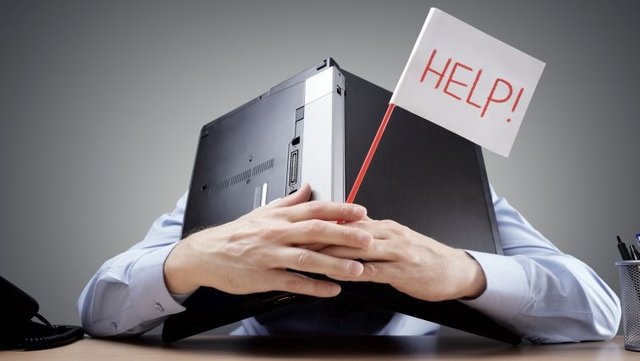If you want to transform performance anxiety into a powerful tool that can help you reach your full potential, then you've come to the right place. There are many different techniques that can be applied to achieve this. Below, we've outlined five important elements that you can apply to get started. The more you practice these, the less likely you'll be to succumb to stress and anxiety.
A program that incorporates performance psychology techniques may have a positive impact on musicians' ability to prepare for a musical performance. It can also reduce anxiety and improve self-efficacy.
Musicians should strive to develop an understanding of their own mental processes, and they should also actively cultivate other emotions. They should use techniques such as visualization and relaxation to improve their overall wellbeing.
When it comes to reducing the dreaded performance anxiety, there is no'magic pill' or magic trick. Instead, the most effective strategy is to acknowledge and accept the reality of the situation.
Getting in the right mindset involves a lot of practice. In addition, it's important to put your fear in perspective. Performing a split should not be seen as an impossible feat. You should take things one step at a time, and find someone to teach you the ropes.
Performance anxiety is a condition that millions of people suffer from. It can be accompanied by negative self-talk, stomach pain, excessive swallowing, and shortness of breath. The symptoms of performance anxiety can be frightening, but the good news is that you can learn to control it.
One of the first things to do is to accept that you have performance anxiety. Once you do that, you will find that a small amount of effort can go a long way towards reducing the effects.
You can also increase your self-confidence and decrease your anxiety. Often, this involves using cognitive approaches, such as visualization or reframing. Alternatively, you can try medication to help alleviate symptoms.
Mindfulness is a form of meditation that can help reduce stress and improve performance. It involves focusing on the present and not worrying about the future. The practice also helps people acknowledge their thoughts and feelings. When they're mindful, they're better able to build deep connections with others.
Stressful events trigger the body's fight-or-flight response. However, mindfulness can help break the cycle.
In a study, participants were asked to listen to recordings of two mindfulness exercises for eight weeks. One was an acceptance-based meditation. While this form of meditation was not associated with reduced performance anxiety, it was associated with a decrease in amygdala activity and cognitive reappraisal.
Emotion-focused approaches to transform performance anxiety are gaining ground in the medical community. It is a relatively new field of study in which a therapist or a plethora of therapists work with a client to identify and address the causes of emotional dysregulation. The resulting improvement in client health may be in the form of a reduction in distress, better communication, enhanced relationships, or all of the above.
A therapist may well take into account the client's individual circumstances and preferences to determine a personalized plan of action. Although the process is a daunting task, the resulting improvements should be well worth the effort.
Yerkes-Dodson law is an empirical model that describes the relationship between stress, arousal, and performance. Originally based on experiments with dancing mice, the law has been applied to other areas of human activity.
The theory posits that stress improves performance, but too much arousal diminishes performance. Ideally, arousal increases to an optimal level. Optimal levels vary with the task at hand. A complex task will require lower arousal, while a simple task will need higher arousal.
Arousal can be classified into two types: somatic and cognitive. Somatic arousal affects the body's autonomic system, while cognitive arousal affects the brain. Both are associated with high stress hormones.
Performance anxiety is a very real problem for many people. This condition is a combination of mental and physical stress. The good news is that it can be remedied with a little help.
There are many ways to mitigate the effects of performance anxiety. One of the most important things you can do is to establish realistic goals. These should be based on your personal strengths and weaknesses. Achieving these goals will help to break the cycle of performance anxiety.
It is also wise to seek out professional help when necessary. You can do this by contacting a doctor or therapist.
